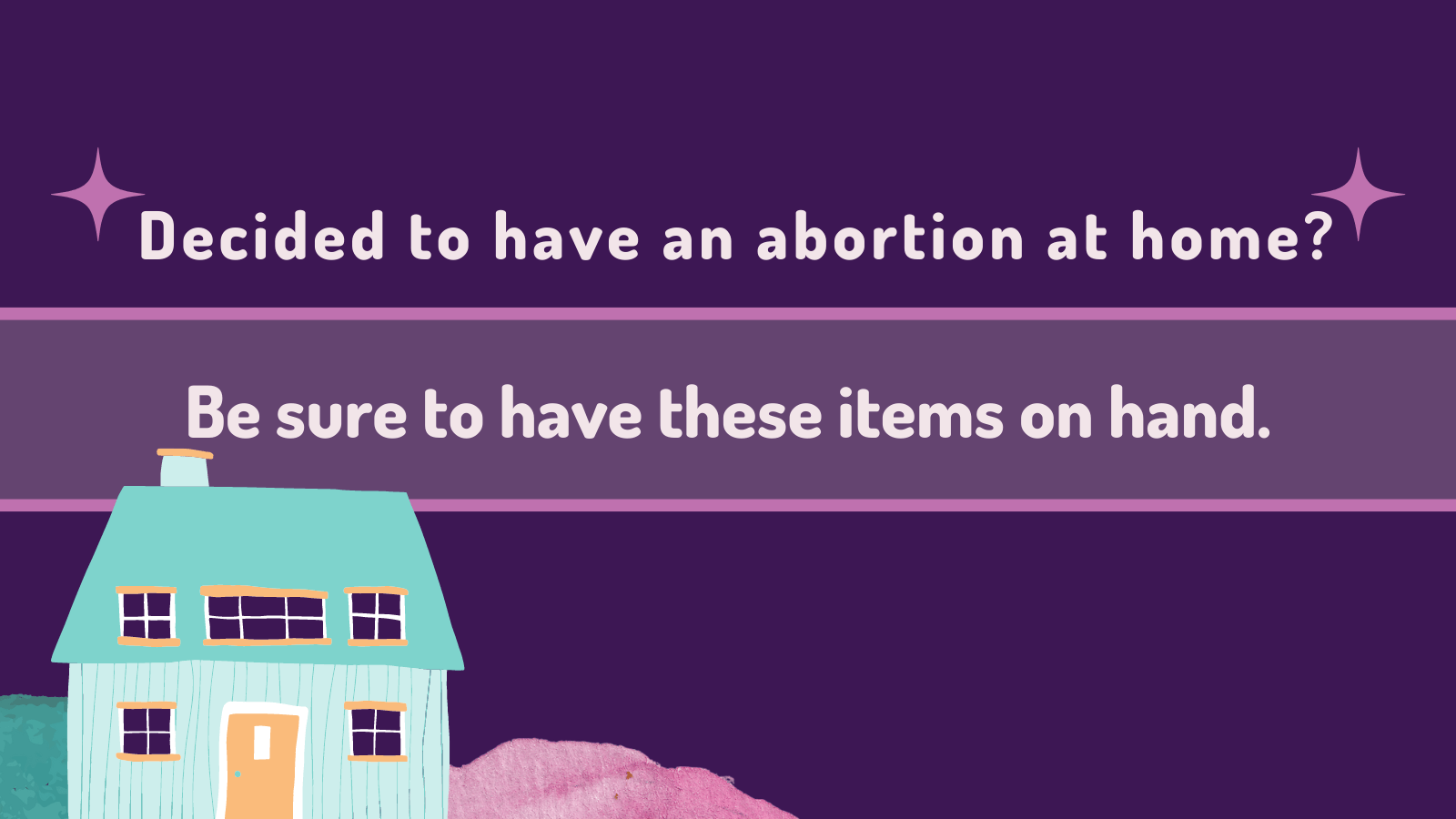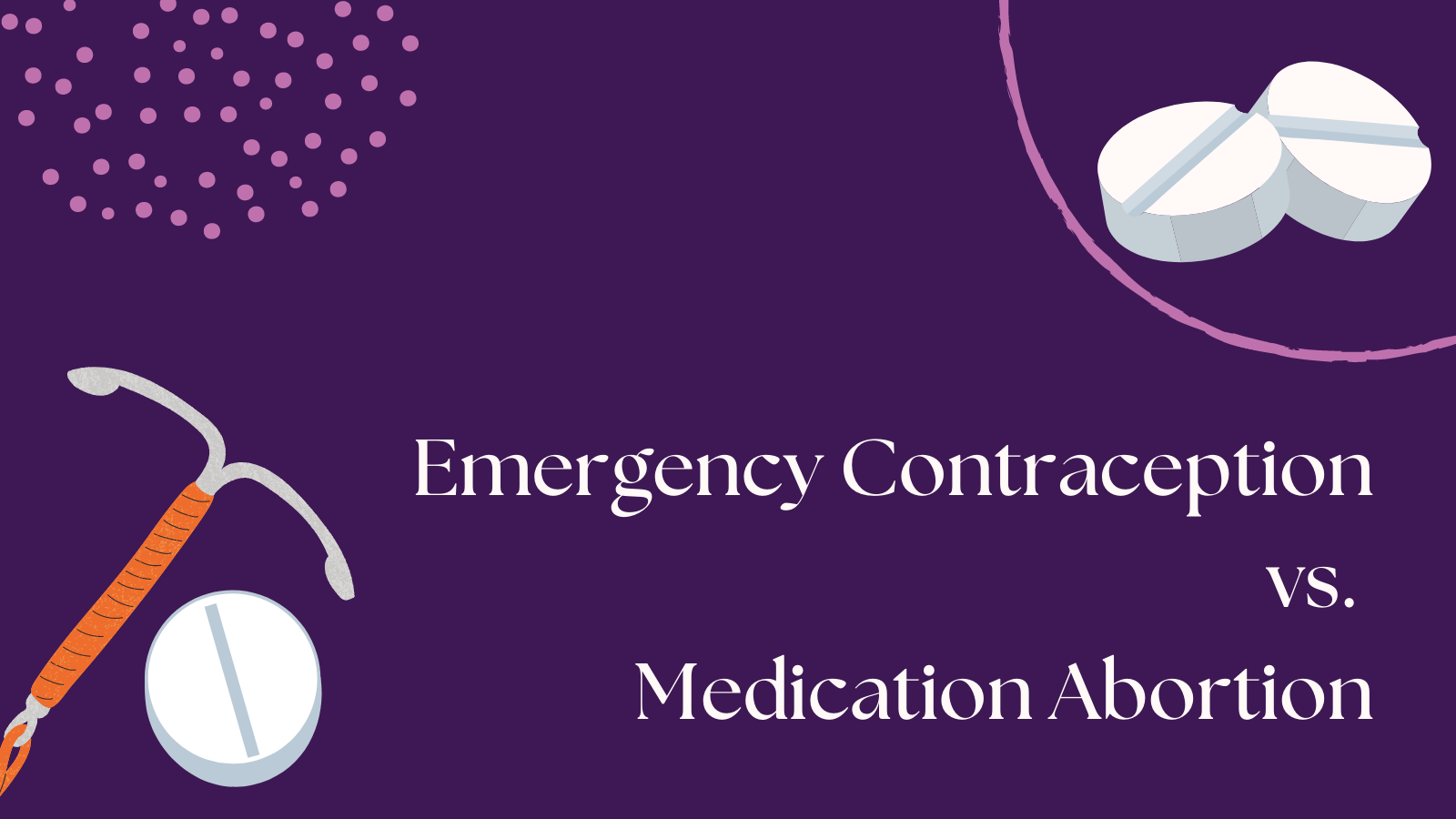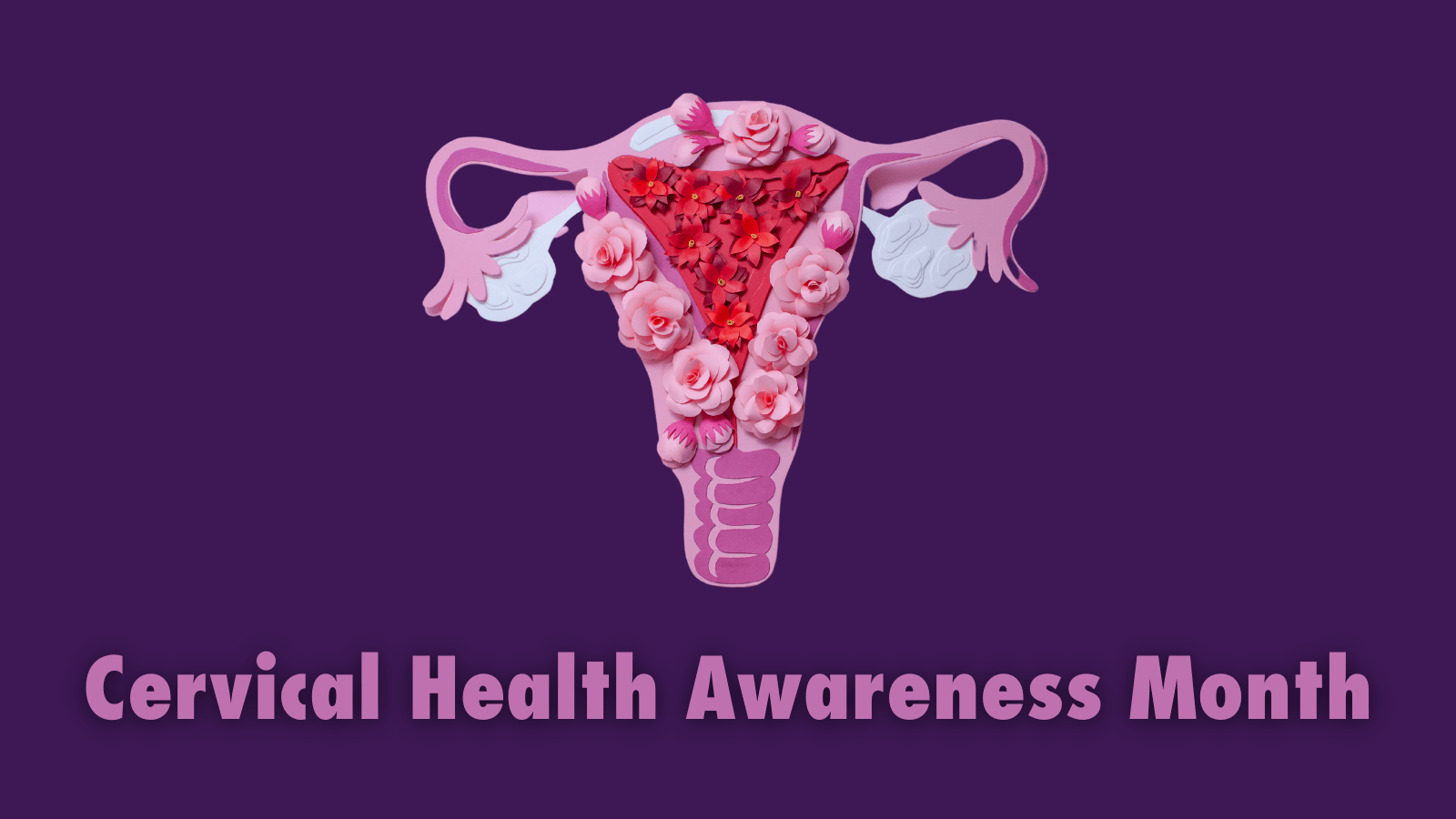January is Cervical Health Awareness Month, and we want to help you take control of your cervical health. More than 14,000 women are diagnosed with cervical cancer each year, but it is preventable and detectable. We talked to one of our OB-GYNs about the right timing to get pap tests and when you should receive the Human Papillomavirus (HPV) vaccine.
What Exactly is a Pap Test?
A pap test is used to screen for possible cell changes in the cervix that could lead to cancer. In the past, pap tests were recommended annually during a visit to the OB-GYN. But in recent years, recommendations have changed due to advancements in medicine, which include better pap testing and an increased number of people who’ve received the HPV vaccine.
How is HPV Linked to Cervical Cancer? When Should I Get Vaccinated?
According to the American College of Obstetricians and Gynecologists, most cases of cervical cancer are caused by HPV. HPV is the most common sexually transmitted infection (STI) in the United States. Only certain types of HPV infections are directly linked to cervical cancer and others are linked to cancer of the vulva, vagina, penis, anus, mouth, and throat. The CDC recommends that children be vaccinated against HPV between the ages of 11-12 to protect them against strains that could cause cancer later in life, but anyone up to 45 years old can get the vaccine.
What are the Current Pap Test Recommendations?
Even with advancements in medicine, it’s still recommended that people with a cervix begin getting a pap test when they turn 21. Between the ages of 21-29, if results come back normal, screening is only needed every three years. People ages 30 and over should be testing for HPV when they get their pap test. Those under the age 30 aren’t tested for the virus – on average 80% of people who are sexually active will have it, but typically the body clears the infection on its own. If the virus is not present, patients can extend the duration between pap tests to every five years. If precancerous cells or HPV are detected, your doctor will recommend more frequent testing.
When Can I Stop Getting Pap Tests?
From the ages 21 to 65, pap testing should be scheduled in the timeframe recommended by your doctor. If you have had surgery to remove your cervix and you have always had normal pap testing, you might be eligible to stop getting pap tests. At the age of 65, if a patient has received two normal pap tests in the past 10 years and has not had any serious precancerous cells detected in the past 20 years, screening can stop altogether.
Schedule Your Pap Test at Whole Woman’s Health
We offer full gynecological services at our Alexandria, Virginia, Charlottesville, Virginia, and Baltimore, Maryland clinics – including pap tests and HPV vaccines! Our friendly and supportive staff are here to answer any of your questions or concerns. Schedule your appointment today.



